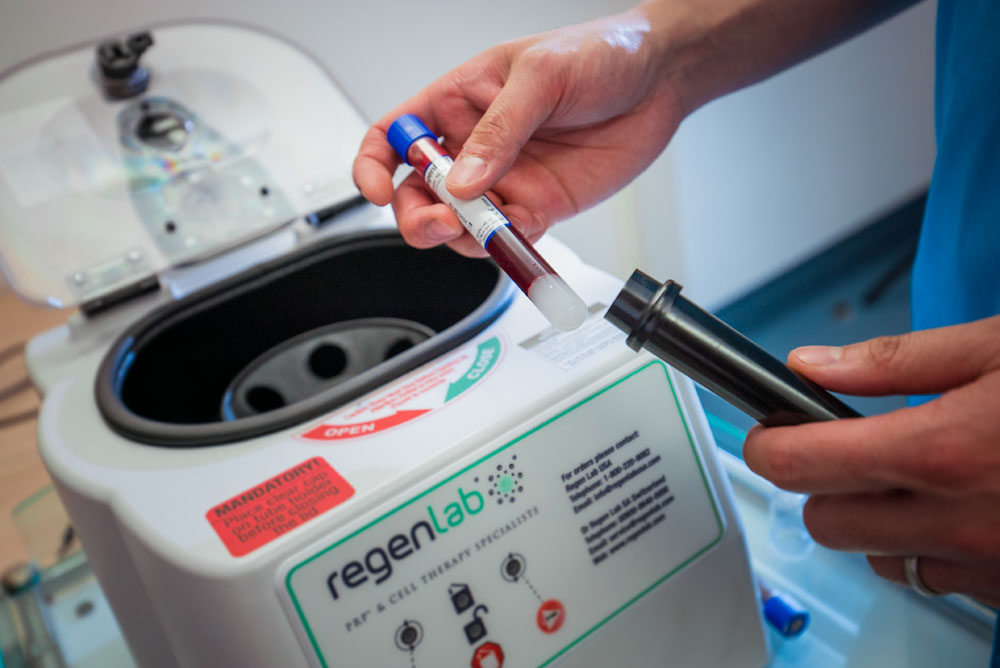

How to identify common signs of cartilage damage


Effective Ways to Restore Knee Cartilage Without Surgery




As the field of orthopaedics continues to evolve, so does the pursuit of innovative treatments aimed at mitigating the discomfort and mobility issues associated with hip arthritis. One such advancement that has garnered significant attention is Platelet-Rich Plasma (PRP) therapy. At London Cartilage Clinic, we are dedicated to exploring and implementing cutting-edge treatments that offer our patients a beacon of hope and improved quality of life. This article aims to demystify PRP injections, focusing on their applicability in treating hip arthritis, and determining who might benefit most from this promising treatment.
Hip arthritis is a condition characterised by the wearing away of the cartilage that cushions the hip joints, leading to pain, stiffness, and reduced mobility. It primarily affects individuals in their middle and later years but can also occur in younger people, especially athletes or those with a history of hip injuries. As the condition progresses, the symptoms can significantly impair one’s ability to perform daily activities and maintain an active lifestyle.
PRP therapy utilises the healing properties of an individual’s own blood to accelerate the repair of damaged tissues. The process involves drawing a small amount of blood from the patient, which is then centrifuged to concentrate the platelets. This platelet-rich plasma is then injected into the affected hip joint, where it releases growth factors that stimulate the natural healing process, reduce inflammation, and promote the regeneration of damaged cartilage.
PRP injections are particularly beneficial for patients with mild to moderate hip arthritis who have not responded adequately to conventional treatments, such as pain medication, physical therapy, or lifestyle modifications. It is also an attractive option for individuals seeking to delay or avoid more invasive procedures like hip replacement surgery. Patients with active lifestyles who wish to maintain their mobility and reduce pain without the downtime associated with surgery may find PRP therapy especially appealing.
Patients may experience mild discomfort during the injection, but this is generally well-tolerated and temporary.
While individual responses vary, most patients report noticeable improvements in pain and mobility within a few weeks after the injection.
The number of injections varies depending on the severity of the condition and the patient’s response to the treatment. Typically, one to three injections are administered over several months.
PRP therapy is considered safe, with the primary risks being those associated with any injection, such as infection or pain at the injection site. However, these risks are minimal.
Coverage varies by provider and policy. It is advisable to consult with your insurance company regarding the specifics of your coverage.
A thorough evaluation by an orthopaedic specialist is necessary to determine if PRP therapy is suitable for your specific condition.
Book a consultation with our team today.
At London Cartilage Clinic, we are committed to providing our patients with access to the latest advancements in musculoskeletal health, orthopaedics, and regenerative medicine. PRP injections for hip arthritis represent just one of the many innovative treatments we offer, designed to enhance your recovery and restore your quality of life. If you are suffering from hip arthritis and seeking alternative treatment options, we invite you to contact us for a consultation to explore whether PRP therapy could be the right choice for you.